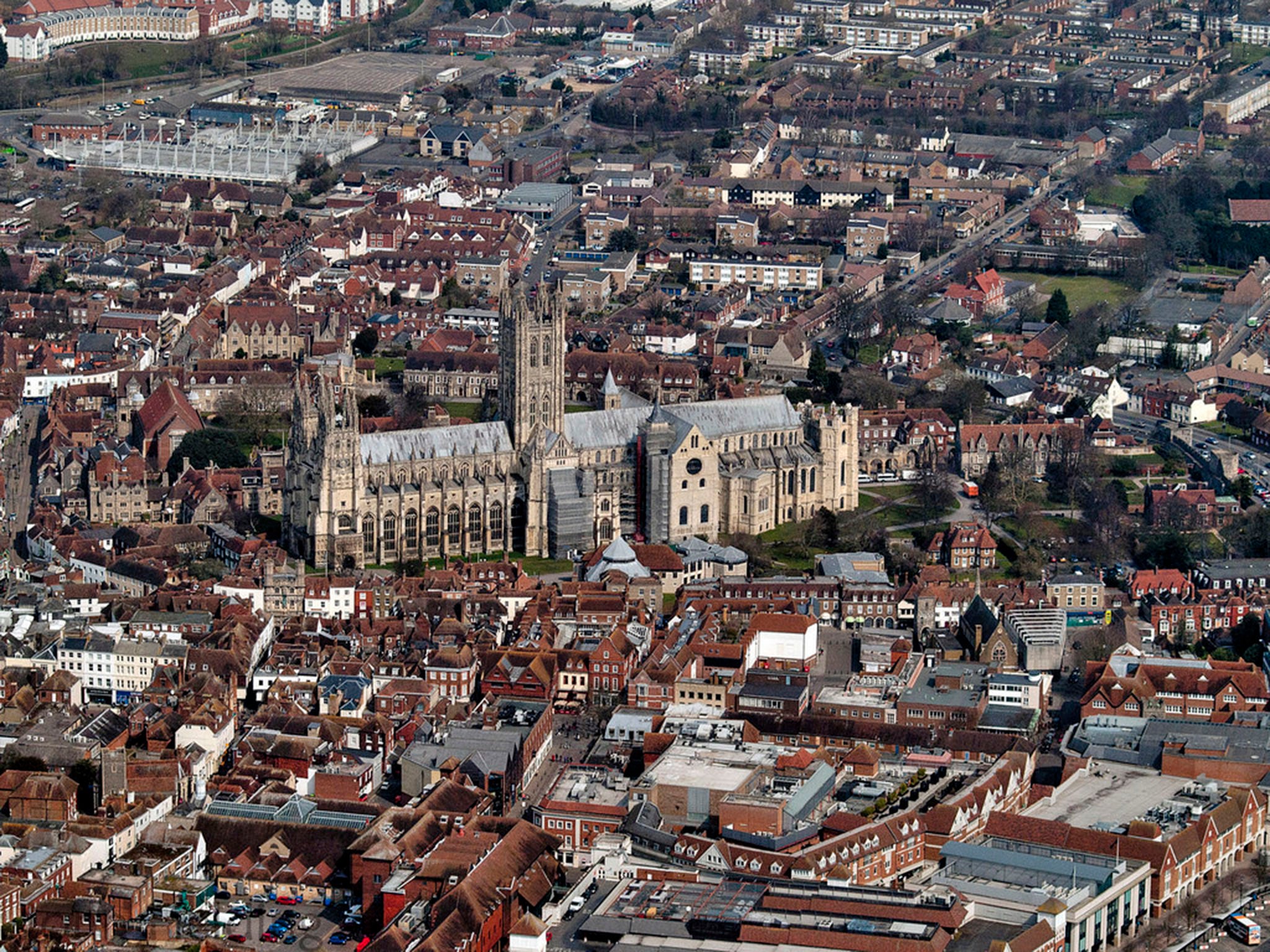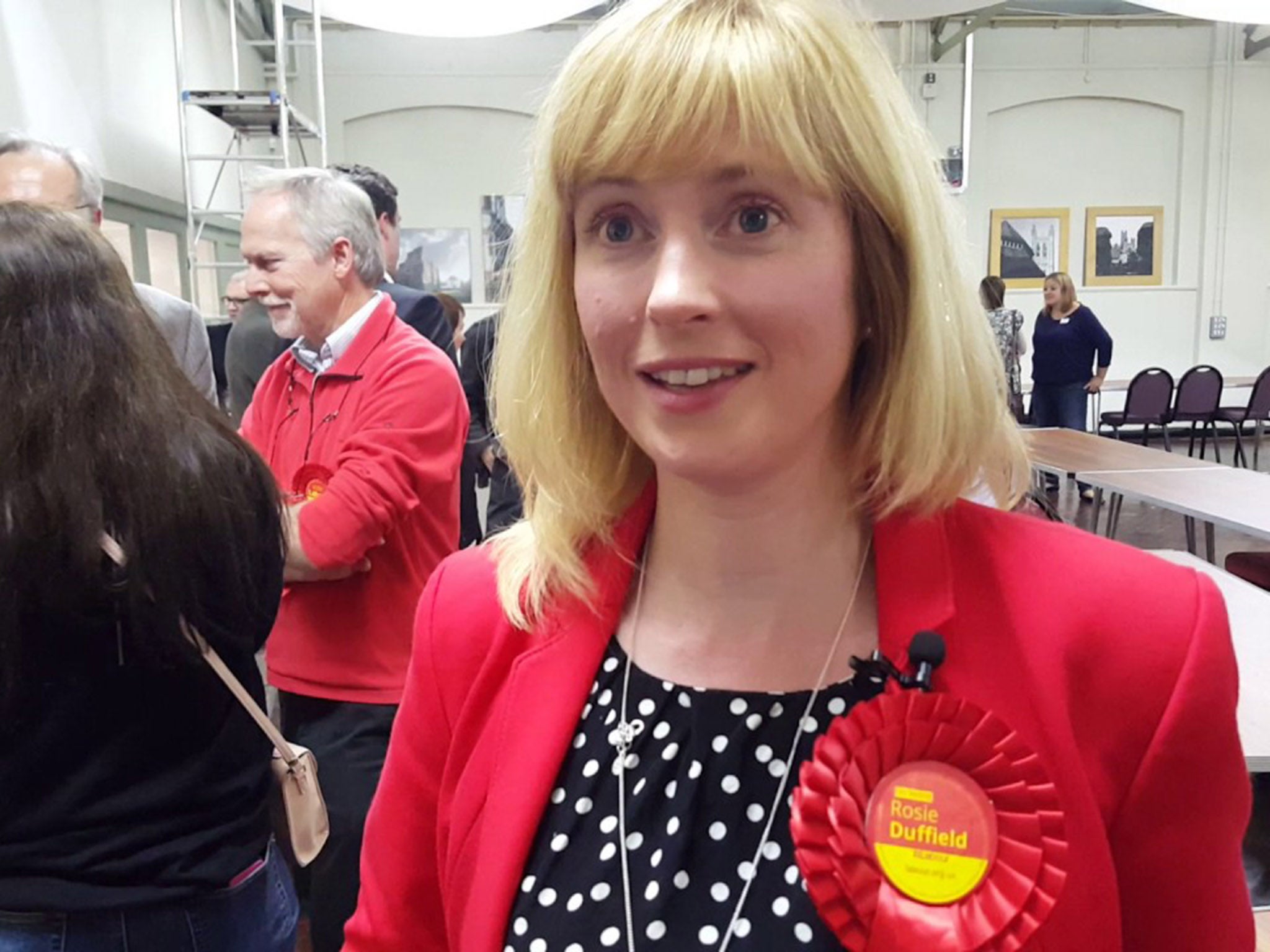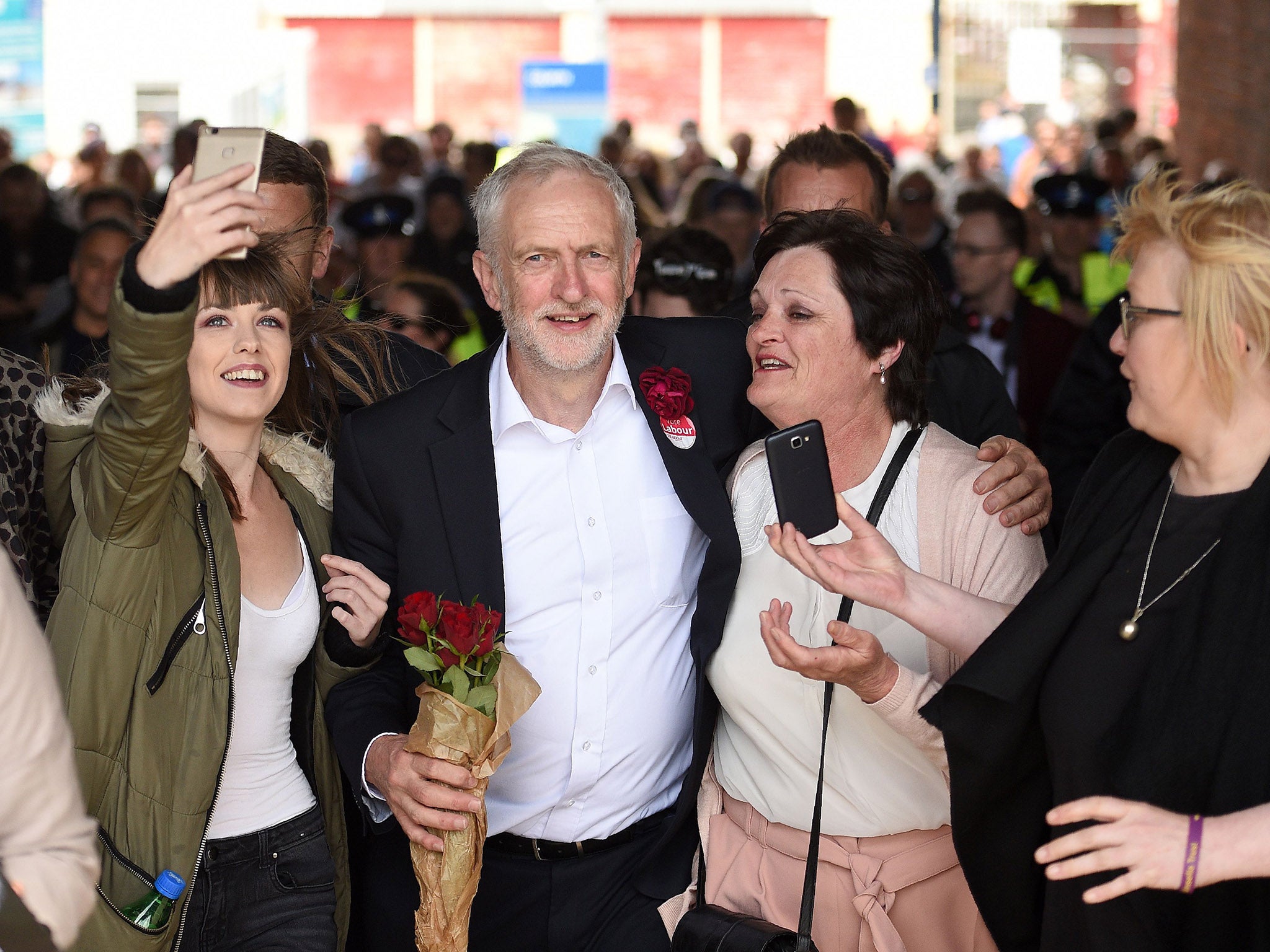Britain's Political Revolution: How tactical voting and new dividing lines of age and education took effect
In the final part of the series from his home town of Canterbury, Patrick Cockburn examines why the Tories lost control after 176 years and whether the insurgency can be sustained

Your support helps us to tell the story
From reproductive rights to climate change to Big Tech, The Independent is on the ground when the story is developing. Whether it's investigating the financials of Elon Musk's pro-Trump PAC or producing our latest documentary, 'The A Word', which shines a light on the American women fighting for reproductive rights, we know how important it is to parse out the facts from the messaging.
At such a critical moment in US history, we need reporters on the ground. Your donation allows us to keep sending journalists to speak to both sides of the story.
The Independent is trusted by Americans across the entire political spectrum. And unlike many other quality news outlets, we choose not to lock Americans out of our reporting and analysis with paywalls. We believe quality journalism should be available to everyone, paid for by those who can afford it.
Your support makes all the difference.The surprise outcome of the general election sprang from a series of surprises combining in the closing weeks of the campaign. Some were predictable, but others marked fresh departures in British political life.
Canterbury is a good example of these trends, resulting in a narrow Labour win and the first Conservative loss in the constituency in a century and a half.
The political geography of Britain is changing. Sir Julian Brazier, the Conservative MP who lost the Canterbury seat after holding it for 30 years, says: “The division is no longer between the middle-class voting Conservative and the working-class voting Labour.” Polls confirm that the new political dividing line is between young and old (the dividing line being a quite advanced 47 years) and between the well-educated and less well-educated. These divisions determine party allegiance as well as attitudes to Brexit, immigration, homeownership and the use of social media.
Yet the world turns slowly; even in times of radical change most things stay as they were previously. Moreover, some developments that appear new have been with us for a long time, but without having much influence. Tactical voting always featured in British politics, but in Canterbury in 2017 it played a decisive role: Liberal Democrat and Green voters, recognising that their own candidates were bound to lose, plumped instead for Labour.

Canterbury had never been the Conservative rotten borough some imagined it to be. Brazier won his seat repeatedly because Labour, the Liberal Democrats and the Greens split the “progressive” anti-Conservative vote. Liberal Democrats had polled strongly in the constituency in the 2001, 2005 and 2010 general elections. But the Conservatives nearly annihilated their Liberal Democrat coalition partners in 2015, which won David Cameron a majority in Parliament, but opened the door for Labour in a constituencies like Canterbury.
Surprisingly, Labour’s swing to the left under Jeremy Corbyn did not deter Liberal Democrat defectors, almost all of them hostile to Brexit though not viewing a second referendum as feasible. Labour’s opposition to austerity and commitment to the NHS and the social services was attractive. “I was not interested in politics until recently,” says Sam Osborne, an IT specialist. “I voted Lib Dem in 2015, but this time round I went for Labour.” She worries that, if the NHS founders, Britain will move towards a ruinously expensive privatised healthcare system like the US.
“I was working in the US a few years ago when I had to go to hospital,” she says. “When I was leaving, they presented me with a bill for $25,000. I have a friend there with breast cancer who is being harried by debt collectors because of her medical bills.” She believes that “the vote for Brexit, which was really all about austerity. will ruin the country”, but does not think that there is much anybody can do about it at this stage.
A two-horse-race enhanced Labour’s chances of victory and perceptions of the two candidates were also important in winning over wavering Liberal Democrats and Greens. Labour had the advantage of fielding Rosie Duffield, 45, a single mother with two children, who has an engaging bubbly personality and a track record of vigorous campaigning on local issues, such as the uncertain future of the Kent and Canterbury Hospital.
She was an energetic candidate, one voter tweeting approvingly that he had just seen her canvassing in the early morning rain outside Canterbury West station. Given the importance of age in the election, she had the advantage of being a fresh face and much younger than her Conservative rival.
After 30 years as MP, Brazier was bound to carry a certain amount of political baggage. On the right of his party, he has a strong interest in defence policy and is a supporter of Leave in a constituency that narrowly voted Remain. Joe Egerton, with long experience as a Conservative party activist, is critical of Brazier’s regressive stance on a range of issues from fox hunting to immigration, saying that “people thought he was not so much a Conservative, but had more of Ukip flavour”. Egerton disapproves of what he sees as Brazier’s cavalier attitude to other Conservatives in the constituency and his tendency to treat it as if it was a family fiefdom.

Other constituents complained that Brazier had simply been around too long and criticised him, fairly or unfairly, for not addressing local grievances and asking parliamentary questions about the downgrading of the Kent and Canterbury Hospital. Brazier did his best to rebut such criticism by going to protest meetings and marches over the hospital, as well as attending a hustings with other candidates, but at all of them he got a mixed reception, including some hisses and boos.
Conservatives admit that Labour had a far stronger general election campaign than they did in both the social media and in canvassing door to door. Younger Labour supporters were adept in using social media, which guarantees a high level of engagement, making political organisation much quicker and simpler.
One activist student pointed out that it not difficult to reach people “who look at their Facebook page 20 or 30 times a day”. The impact of social media is largely unmonitored or disregarded by national television, radio and newspapers, so they were caught on the hop when Corbyn and Labour, though demonised by the tabloids and sneeringly dismissed by establishment commentators, gained rather than lost popularity.
Ben Hickman, a lecturer at Kent University, says: “Students are totally immune to ideological barrages in the mass media. They just don’t read it.” Vilification of Corbyn may have been counter-effective, much as media hostility to Donald Trump in the US presidential campaign reinforced his anti-establishment credentials rather than discrediting him. Corbyn’s low-key response to portrayal of him as a dangerous revolutionary made his critics sound shrill and unreasonable. Charlie Mower, the young Labour activist in Whitstable, says he does not feel comfortable comparing Corbyn to Nigel Farage but says: “Corbyn is somewhat similar to Farage in that, in contrast to many politicians, he comes across as a normal human being.”
One effect of Corbyn’s successful campaign to the Labour party leadership in 2015 was to send party membership in Canterbury and Whitstable soaring from 450 then to 1,500 today. Sufficient numbers of these were active to outmatch Conservative campaign. Canterbury had one of the highest numbers of newly registered voters in the country, most of them probably Labour supporters.
A survey by Ian Watt, a keen observer of Canterbury politics, asked members of the city’s largest Facebook group why Labour had won. Of the 137 responding, some 25 per cent said tactical voting, 22 per cent the student vote, 20 per cent Rosie Duffield’s campaign and 8 per cent the hospital agitation. This ignores the impact of national developments, but otherwise sounds realistic.

It is important not to join up too many dots together too quickly. Labour only just won in Canterbury and failed to win a majority nationally. Theresa May is still Prime Minister. People in the constituency are uncertain about what the future holds. Alex Claridge, a senior reporter on the Kentish Gazette says he wonders if “Canterbury will vote Conservative again in our lifetime”. But activist Labour student Christian Turner thinks Labour “will have difficulty holding it next time round because the Conservatives will do everything to win it back”. The constituency might even disappear under proposed boundary changes.
Contentious local issues surfaced in the election in Canterbury, but what is most striking is the new political and social alignments. Age and educational qualifications rather than class determine political attitudes. Much of this has to do with the high price of housing as people in middle class occupations like managers and lawyers no longer earn enough to get on the property ladder. A student pays an extortionate rent, but so does an up-and-coming solicitor or accountant. Neither may be able to afford to live in London, but neither can Londoners who take advantage of the high speed train link to move to Canterbury and Whitstable (though train fares are very costly). Fear of uncontrolled immigration remains high, particularly among those least able to compete successfully with migrants.
In the space of a year the Brexit vote and the general election result showed how many people feel unhappy with the status quo, though for very different reasons. Previous certainties are disappearing, but nobody knows what is to replace them.
Subscribe to Independent Premium to bookmark this article
Want to bookmark your favourite articles and stories to read or reference later? Start your Independent Premium subscription today.
Join our commenting forum
Join thought-provoking conversations, follow other Independent readers and see their replies
Comments